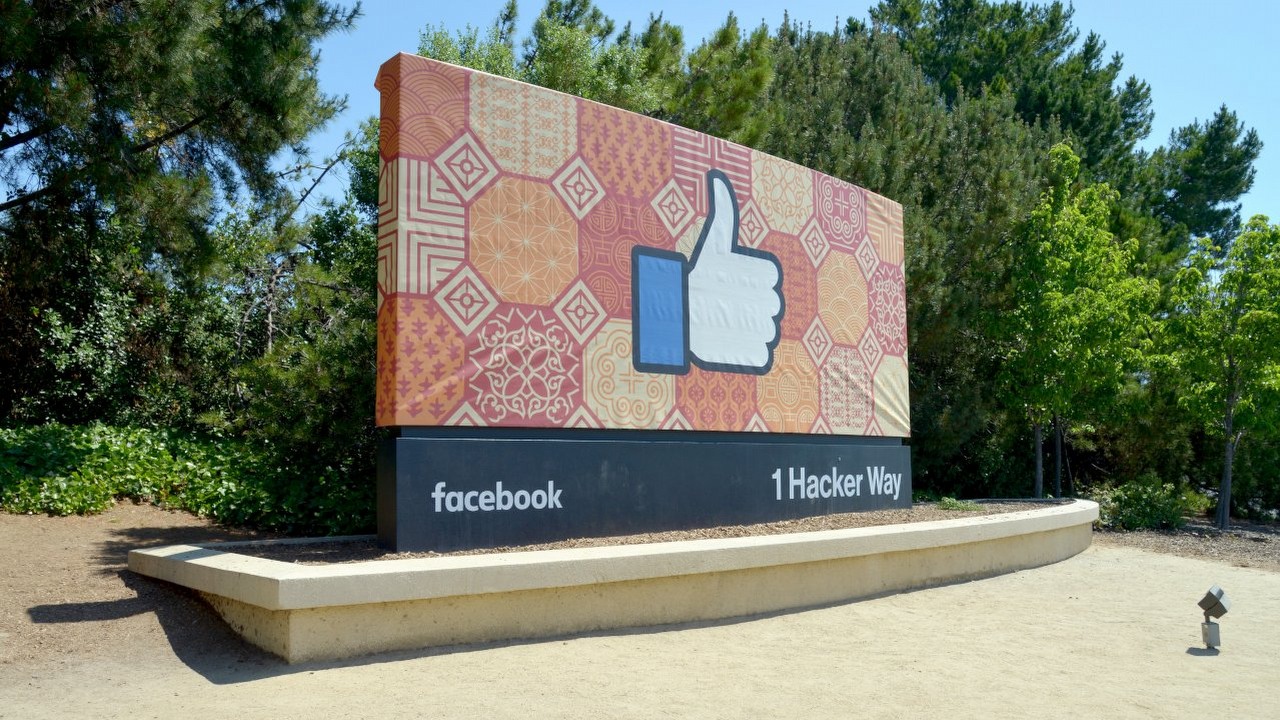Facebook's VIPs are Allowed More
Not everyone is equal on Facebook. Slightly different rules apply to famous people, celebrities and politicians. They can post much more than the rest of us.

- Facebook also has its "equal and more equal" - famous people can do much more than the average user of the website;
- As reported by the Wall Street Journal.
The phrase "equal and more equal" dates back to Orwell's Animal Farm. It mocks distortions in the ideological pursuit of equality between people. Although the reality is as it is, many hope that slightly different rules prevail on the Internet. We think that on Facebook, for example, we are bound by the same rules as a famous actor. However, according to an internal report discovered by the Wall Street Journal, the social network is taking a different approach for celebrities. Celebrities, actors and politicians are allowed much more than average users.
"We don't enforce our rules and standards on a select few in our community. Unlike the rest of our users, these people can violate our standards without consequence."
These are the words you can read in the commented report. At the same time "select few" can mean even more than 5 million people, as ArsTechnica writes. The special program known as XCheck is responsible for this specific "niche" in rule enforcement.. In short, it is a set of separate rules and procedures, applied to accounts of people marked as prominent users. It was created in 2019 and was initially intended for politicians.
When a prominent person's post triggers a response from the automated moderation system or is flagged as inappropriate by other users, it goes to a separate group of moderators for consideration. The submission goes through a much more meticulous review than if a "regular" person would violate the rules. According to FB, XCheck moderators are highly trained professionals, working full time.
However, this probably doesn't always work well, and certainly raises concerns about the sense of fairness at times. As in the case of Brazilian soccer player Neymar Jr. who posted nude photos of a woman who accused him of rape. It was only after several days and several thousand reports that the content was removed by the Facebook administration. However, the footballer's account was not banned, although according to the rules in such situations, this should also occur. The website realizes that the system has its flaws, as written by its spokesman Andy Stone:
"In the end, at the center of this story is Facebook's own analysis that we need to improve the [XCheck - ed. note] program. We know our enforcement is not perfect and there are tradeoffs between speed and accuracy."
But why was there such selective application of rules on the website at all? To limit what Facebook calls "PR Fires". When an average user posts something inappropriate, the offending content is removed and sometimes their account is removed along with it. In principle, such a person can only appeal to FB technical support, and if the latter does not grant the request, there is not much else to be done. However, the situation looks different with famous people.
These have much more opportunities to make "noise" around the issue and thus spawn negative PR for Facebook. If it is a well-known politician, the situation looks even worse, because in addition to a media campaign, they can try to introduce state regulations limiting Facebook's rights (and by the way other similar media). Unfortunately Internet is also sometimes subject to the "bigger can do more" principle and Mark Zuckerberg was forced to work out a compromise in applying the rules. And that the system supposed to "limit scandals" by itself now causes a scandal? Well, it really do be like that sometimes...
- Facebook - official website
- Xiaomi Unveils New Device; Chinese Want to Compete With Facebook
- Facebook Has a Problem, 4 Million Devices May Cause Skin Irritation
1

Author: Arkadiusz Strzala
His adventure in writing began with his own blog and contributing to one of the early forums (in the olden days of Wireless Application Protocol). An electrical engineer by profession, he has a passion for technology, constructing and, of course, playing computer games. He has been a newsman and writer for Gamepressure since April 2020. He specializes in energy and space tech. However, he does not shy away from more relaxed matters every now and then. He loves watching science-fiction movies and car channels on YouTube. He mainly plays on the PC, although he has modest console experience too. He prefers real-time strategies, FPS and all sorts of simulators.
Latest News
- Larian Studios CEO explains generative AI use in development of Divinity
- Kojima Productions celebrates its big 10th anniversary with an upgraded Ludens
- They didn't conquer TGA, but they were still very successful. Now they are thanking the fans in the best possible way
- Pawel Sasko revealed his favorite Cyberpunk 2077 ending and explained what CD Projekt Red wanted to say to players through the saddest one
- Ubisoft acquired Amazon's studio and is now in charge of a promising game that „has a real opportunity to bring something fresh and dynamic”

